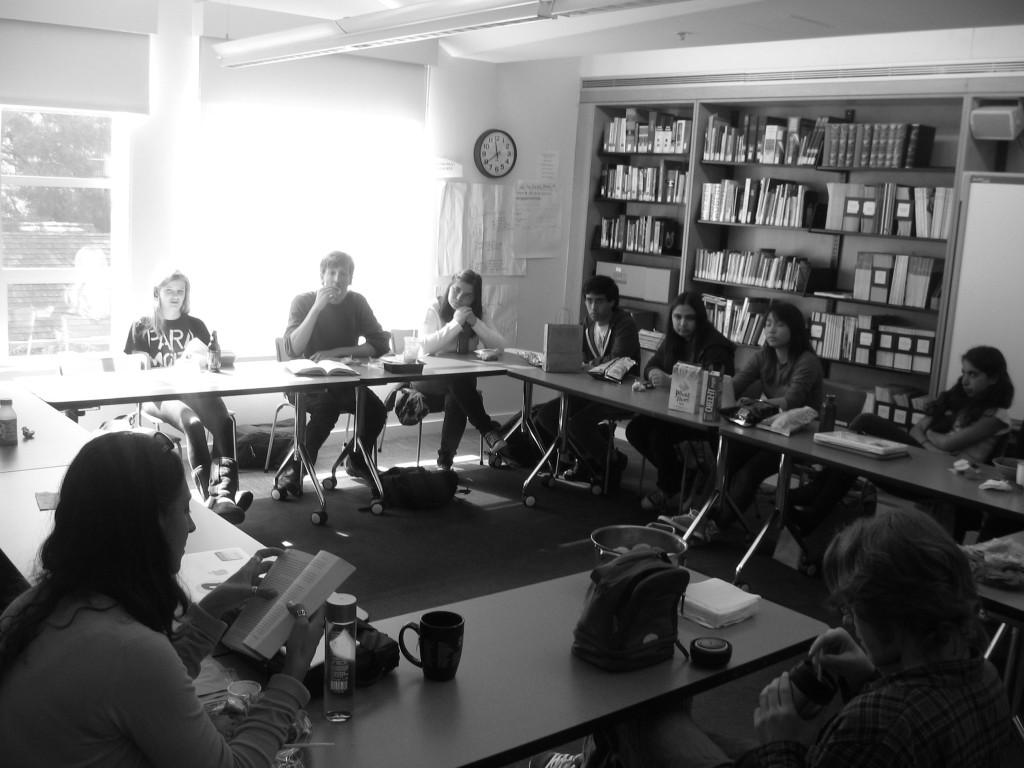Some loved it. Others fell asleep while reading it. But most people agree: “The Immortal Life of Henrietta Lacks” tells a story that needed to be told, especially in light of the increasingly controversial rhetoric about the cervical cancer vaccine.
The human papillomavirus (HPV) vaccine has been in the spotlight in political and medical news recently. During the Republican presidential debate in Tampa, Florida on Sept. 12, Rep. Michele Bachmann (R-Minn.) criticized Gov. Rick Perry for supporting a 2007 bill that required all 6th grade girls in Texas to get vaccines against HPV, the virus linked to cervical cancer. Although the bill was never enacted into law, Bachmann continued to condemn Perry by describing an account she had with an unnamed Florida woman after the debate who apparently claimed that her daughter suffered from mental retardation after receiving the HPV vaccine.
Although the details surrounding this encounter with the Florida woman are unclear, Bachmann has helped fuel the ongoing debate. In the midst of this political and scientific controversy, Lacks sheds light on the clash of race, ethics and science.
The Immortal Life, this summer’s All-School Read, follows the Lacks family’s journey to understand Henrietta, their mother, and her contribution to modern science. Author Rebecca Skloot leads readers through this twisted story, narrating it eloquently and simply.
At first, I was skeptical that the book would be able to hold my attention, but as I read on it managed to capture me in ways that only few books have. Skloot successfully balances the story of Henrietta, the science behind the monumental HeLa cell culture, and the Lacks’ journey to discover the impact behind their mother’s cells. Even though the science aspect bogged the narrative down a bit, the Lacks’ story was intriguing enough to keep me reading.
Isabel Fife-Cook (’13) agrees, saying, “I thoroughly enjoyed the book. I thought it was the perfect mixture of a well-written story and fascinating scientific information.” Even students like Olivia Morfit (’15), who “fell asleep four times” while reading the scientific content agreed that “the book had some interesting points, such as the social aspects and the controversy surrounding the use of Henrietta’s cells without her family’s consent.”
When Urban Librarian Sarah Levin read this novel she, too, found it hard to put down. “I had so many questions after (reading the book) and I really wanted to talk to people about it … and tell people who hadn’t read it what I had learned,” she recalled. “It got me thinking.” Levin, along with the library leaders and a panel of teachers that included English teacher Amanda Moore, science teachers Geoff Ruth and Mary Murphy, and Dean of Multicultural Life Ken Garcia-Gonzales, chose the book based on Urban’s curriculum and the hope that it would provokes discussion.
And it did: on Oct. 11, 16 students and eight faculty members discussed the hard-hitting themes of the novel. Levin hopes to continue these discussions, saying “reading a book is a really cool community-building exercise, just for everyone to have that shared experience and to come to school with something to talk about … I think it’s a very neat and potentially powerful tool. That’s what we hope (an All-School Read) can do.”


